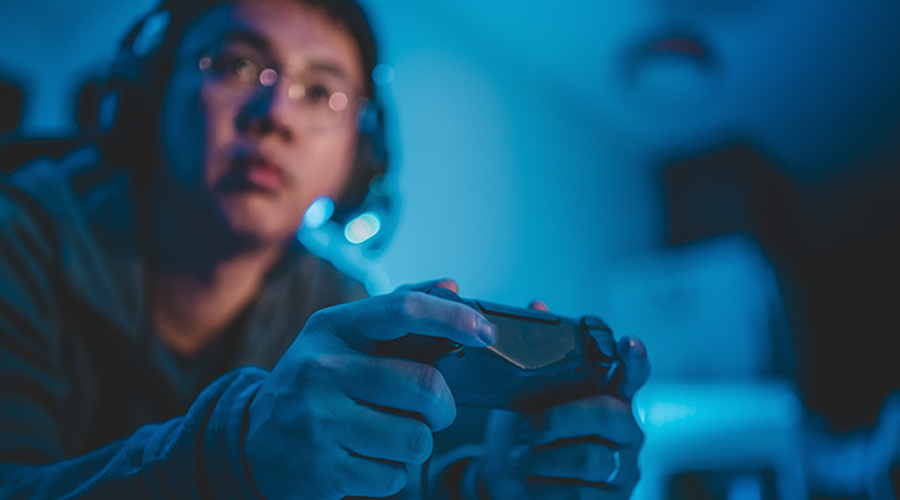By gaming more often during the pandemic, potential employees are developing soft skills that today’s employers need the most.
Gaming is big business – made even bigger by COVID-19-related lockdowns. This past June alone, $1.2 billion total was spent on gaming, up 26 percent from the year prior. The good news is that all this time spent on video games could actually be to gamers’ professional advantage, as the soft skills they hone extend well beyond the console. While gaming, soft skills that are in high demand and short supply with employers around the world are being mastered – think an aptitude for things like critical thinking, collaboration, communication and creativity.
For employers today who are rallying to regroup after the pandemic, the need for these qualities has only grown. Those who understand gamers’ unique untapped talents will be much better prepared to leverage the next generation’s skillset to their advantage.
Here are some of the ways that research has shown the gaming boom is prepping tomorrow’s workforce:
Developing Soft Skills
From our “Robots Need Not Apply: Human Solutions in the Skills Revolution” white paper and study, ManpowerGroup surveyed 20,000 employers across 42 countries on the impact of automation on the jobs and skills that will be required for the future. What we found was that while soft skills are of greatest value to employers, they are also hardest to find and even more difficult to train employees on. And there is rising demand too for relevant skills from recent research of What Workers Want, Post Covid Report, in times of rapid transformation and uncertainty these so-called soft skills are more important than ever in workers and in leaders.
Games can teach players how to solve problems, calculate probability by weighing the pros and cons of different approaches and to think strategically. In popular multi-player games, players must work together to win, enhancing their ability to collaborate remotely. Virtual environments also let players test and learn different communication styles, although gaming often leads to in-person meetups and hangouts. Finally, sandbox games that let gamers roam free are linked to enhanced creativity. These gamers tend to have better visual-spatial skills – the ability to envision movement of objects in space – important for careers in science and engineering.
Improving Learnability
Gaming nurtures players’ learnability – their desire and ability to quickly grow and adapt one’s skill set to remain employable. To measure this quality, we developed an assessment – the Learnability Quotient (LQ) – that enables people to identify their motivations and styles of learning.
Games generally improve a player’s ability to learn how to learn by creating better cognitive models – making it easier to react to new situations.
Aiding Assessments
Gaming can help employers assess the skills of potential employees. By interviewing candidates about their favorite games – a topic likely to throw job candidates off guard – as a way to determine their skill set, employers are more likely to match an individual to the roles that require those skill sets.
Interestingly, different games enhance different skills: To map individual games to specific skills and job candidates who have them, we worked with a psychometric specialist to analyze over 11,000 games across 13 genres. We found, for example, that people who play Tetris demonstrate mental flexibility, pattern spotting and an ability to work independently, which match well with hard-to-fill jobs in manufacturing or logistics.
To help fill the skills gap, employers should take a holistic and open-minded approach to matching talent with jobs. Leveraging talent from the gaming community is one more method to create a future-fit workforce – and an innovative way to one-up the competition.
Learn more in ManpowerGroup’s Game to Work report.





